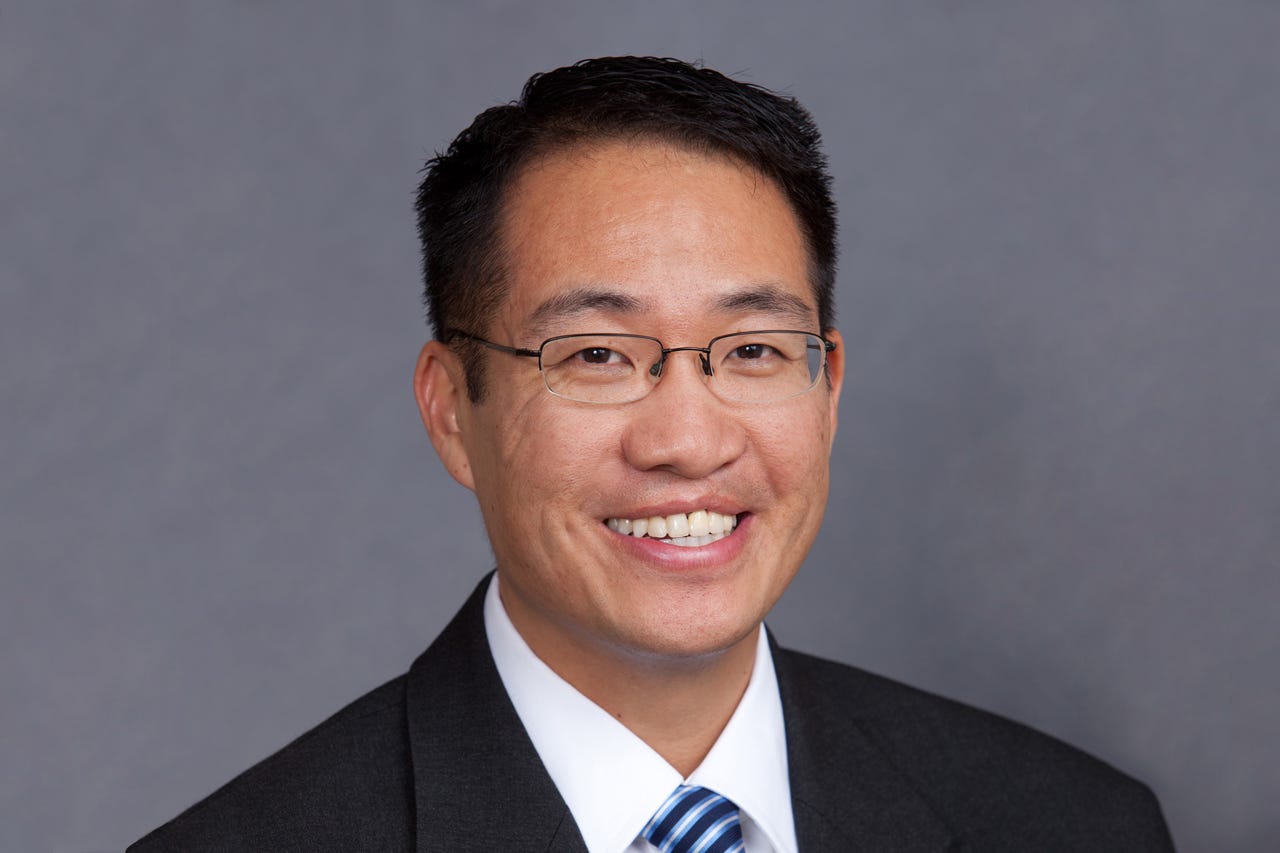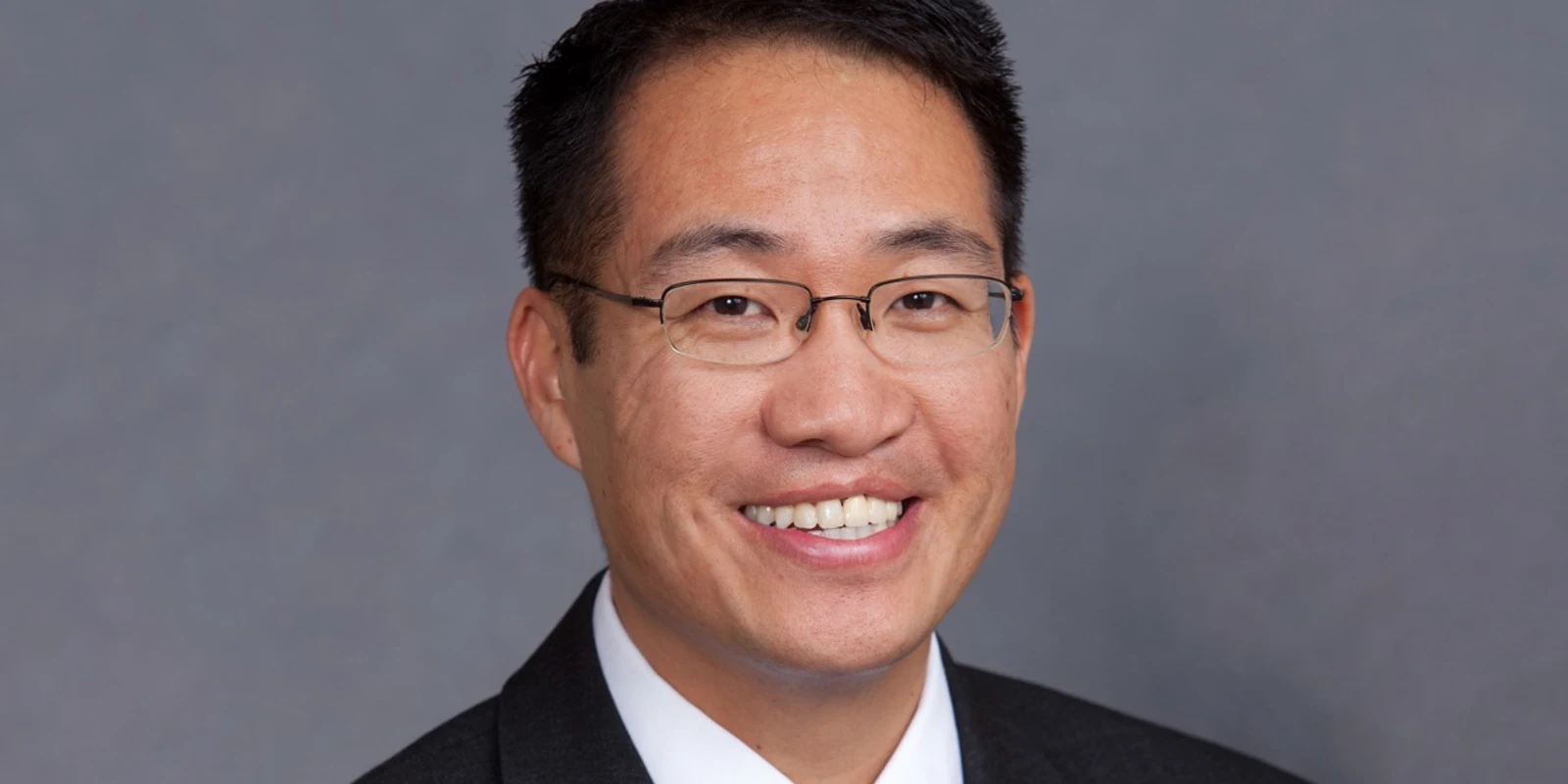
Name: Edward Chao, DO
Specialty: Endocrinology
Education: University of New England College of Osteopathic Medicine, Loma Linda University (Residency), UC San Diego Medical Center (Fellowship)
Areas of Expertise: Diabetes, SGLT-2 Inhibitors
Current Position: Associate Clinical Professor of Medicine, UCSD
1. Why did you choose endocrinology?
At a conference I attended as an intern, I was moved by the grace and courage of patients living well with diabetes. I’ve also been fascinated by the far-ranging impact of diabetes clinically: this disease touches just about every facet of medicine. I love that endocrinology is not just about one organ, and the feedback loops are elegant.
2. What area of endocrinology is changing most rapidly?
Our understanding of diabetes, and the treatments available, are continuing to evolve very quickly. Some of the many intriguing efforts to advance care include ongoing research on non-invasive ways to test glucose, and a closed-loop insulin pump.
3. What is the last journal article or piece of research that significantly changed your practice?
The Empagliflozin Cardiovascular Outcome Event Trial in Type 2 Diabetes Mellitus Patients–Removing Excess Glucose (EMPA-REG OUTCOME) study was the first to show that a diabetes medication, empagliflozin, could decrease cardiovascular events in those at high risk for cardiovascular disease.
4. What are your research interests?
The two major areas are: 1) investigating the accuracy and acceptability of a wearable, needleless glucose sensor for patients with diabetes. As this sensor is non-invasive, it offers the advantages of involving less discomfort, and of being less conspicuous. This sensor can thus potentially improve adherence to consistent glucose testing, and 2) evaluating the impact of brief videos for third-year medical students on varied topics on their clerkship performance.
5. Outside of your daily practice, what personal or professional projects are you passionate about?
Along with 2 UCSD colleagues, I completed training in facilitating sessions to improve mentoring skills. This area is both crucial, yet has traditionally not been formally taught or really discussed. We all must continually sharpen our skills as mentors, so that our trainees, our colleagues, and even ourselves — can become the best that we can be.
6. What is a common misconception that other clinicians have about endocrinology?
I think for some, endocrinology is just ordering a large number of labs, yet we have to be judicious as with any other field.
7. Who are your mentors?
I met one of my mentors, Gerard Manecke, through a leadership experience at the UCSD Health Leadership Academy. He’s an anesthesiologist who offers a different perspective, inspiring me to ask new questions and consider fresh insights.
Scott Lee helped me reaffirm my enthusiasm for diabetes. He took the time to work with me as a resident on research projects, and through his example, demonstrated what a great clinician, researcher, and educator is. He even conducted mock interviews when I was applying for fellowship programs!
8. What’s the best advice you’ve ever received?
For all of the leaps we’ve made as a profession, whether for good or not, I feel that what is really the core of medicine fundamentally has remained unchanged. “Listen to and learn from your patients and their stories.” Even when delivering a presentation, “Tell a story.”
9. What has been your most gratifying moment of being a clinician?
There have been many; the common thread has been helping a patient with diabetes turn around to meeting their goal, and sharing in their pride.
10. How do you unwind after a challenging day?
Hanging out with my wife, Sarah, and our two daughters, Hannah (6), and Kayla (3), exercising, and meditating — these all ground me and help me recharge.
11. How do you motivate patients to do what’s best for their health?
I start by reminding them that, as the saying goes, they are the ones they’ve been waiting for. They have look within and find that motivation. Like coaches, my team and I — the nurse, the diabetes educator, the dietitian, and the pharmacist — are there to guide, encourage, and support — but we they have execute the strategy, the plan.
12. What is the biggest challenge or obstacle in endocrinology?
Engaging patients with diabetes. You can have the best medications and best team working with a patient. Yet, s/he may not feel a sense of urgency even with suboptimally controlled glucose readings; patients don’t feel any different. So combatting this clinical inertia, because it’s human nature to put the many fires that compete for our attention in the hustle and bustle of our daily lives.
13. What are your favorite Doximity features and how have they helped your productivity (Dialer, DocNews, Career Navigator, e-Fax, etc.)?
DocNews helps keeps me up-to-date — it has been an outstanding, easy-to-use source of journal articles, blog posts, and news.




